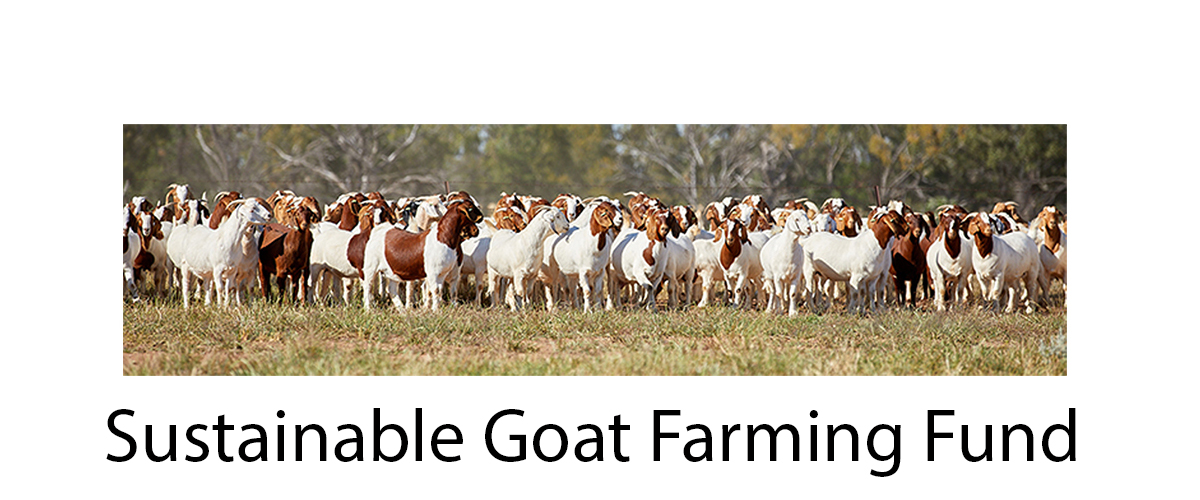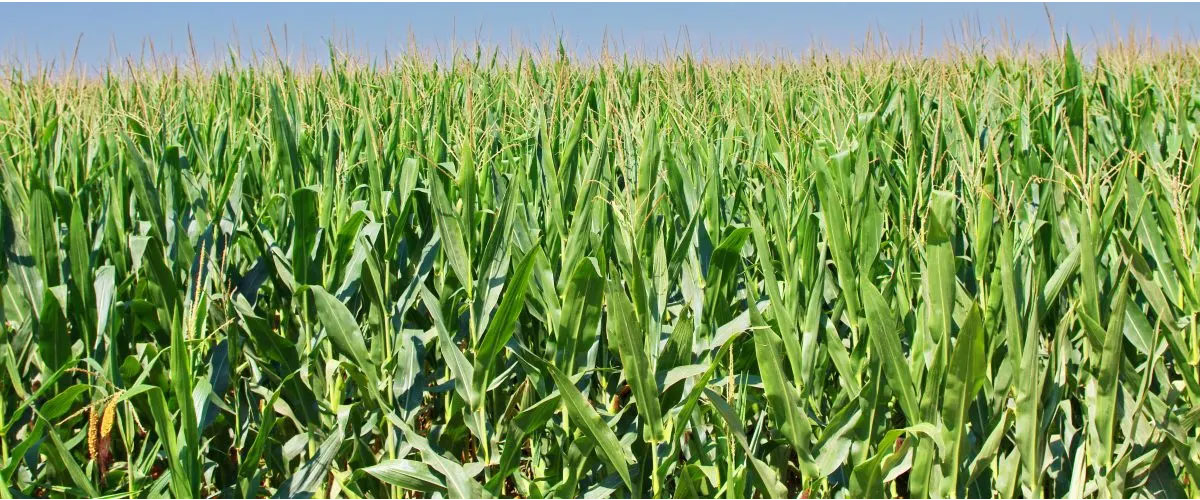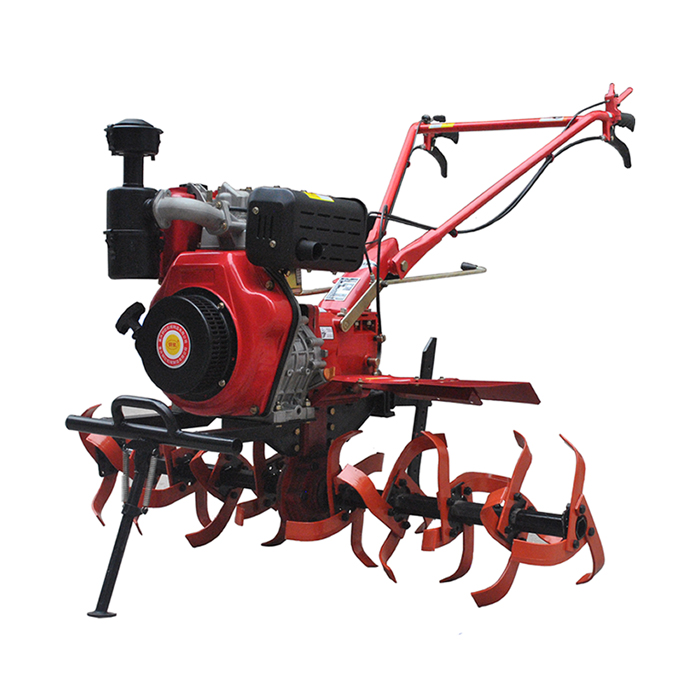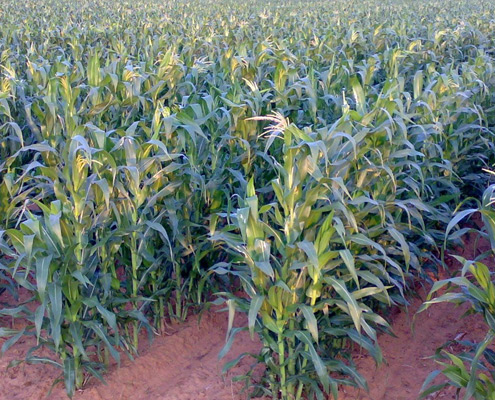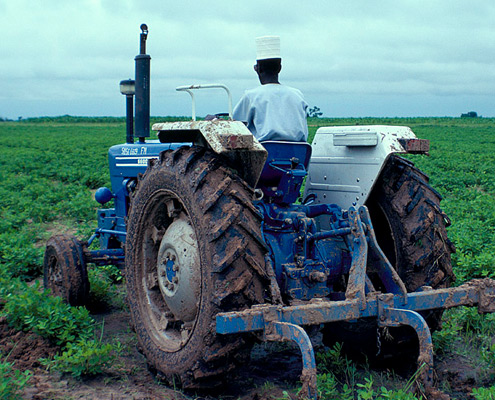The Dream Of Being a Farmer
So, you want to become a farmer, but you’ve never grown a crop or raised livestock before? Not to worry—this will set you on the path to realizing your dream of being a farmer.
The Decision!
Decide why you’re interested in farming. What is motivating you to get into the practice of raising crops and/or animals and leaving the urban area where, usually, more money is to be made without having to work so hard for it?

